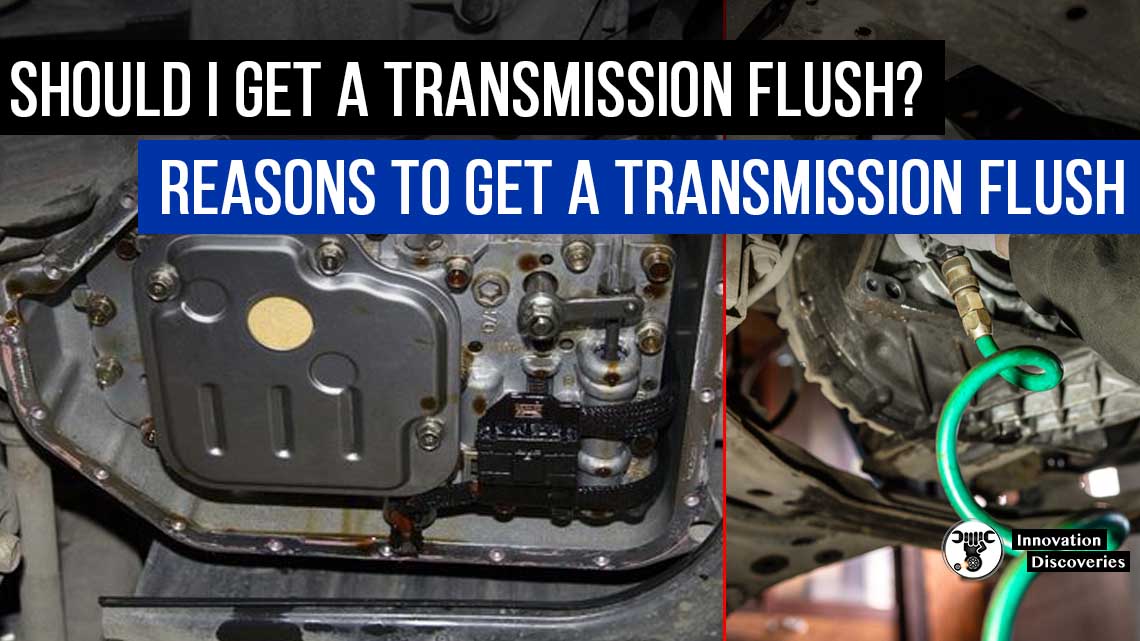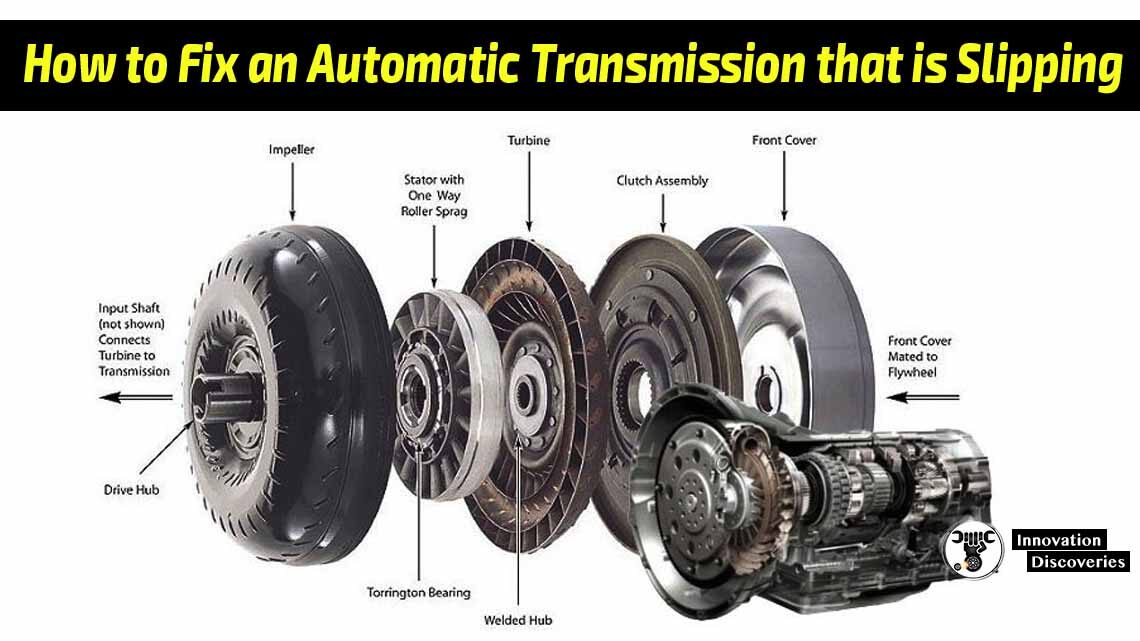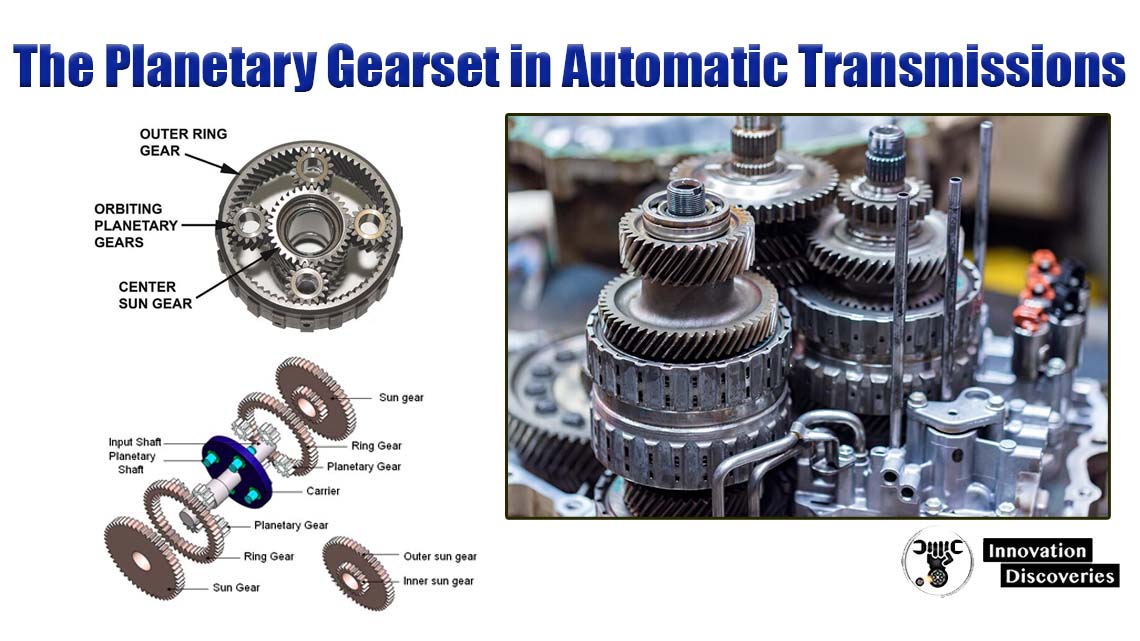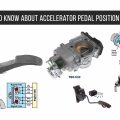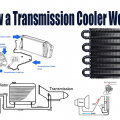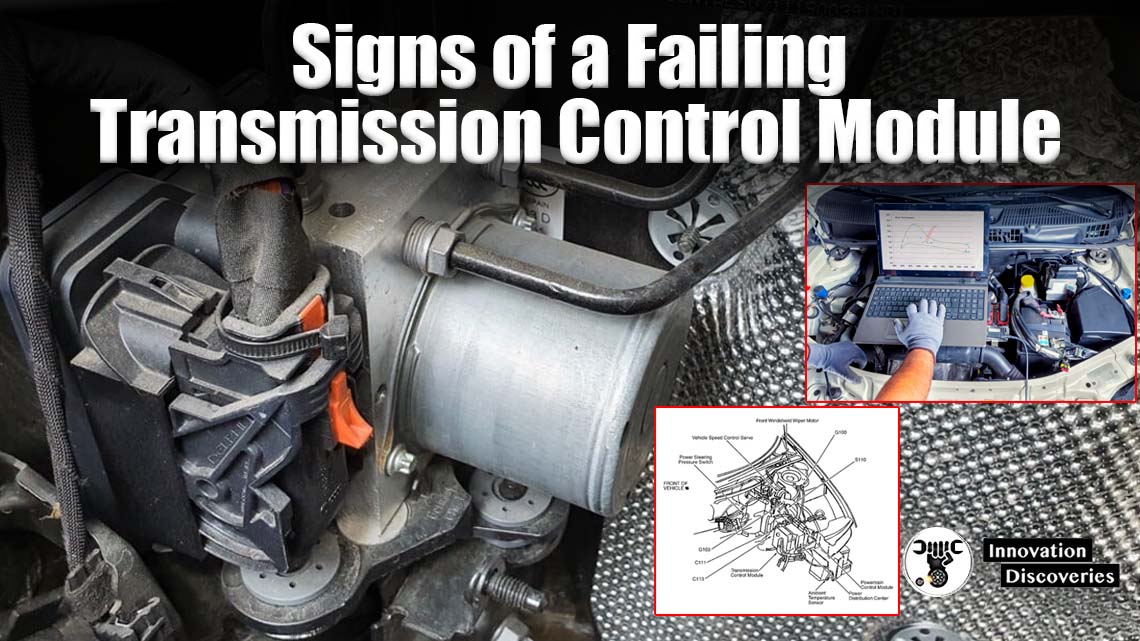
Introduction
The Transmission Control Module (TCM) plays a crucial role in the operation of an automatic transmission system.
Responsible for managing gear shifts, torque converter lockup, and other vital functions, a properly functioning TCM ensures smooth and efficient driving. However, like any other component, the TCM can experience issues over time.
In this article, we’ll explore the key indicators of a failing TCM to help you recognize potential problems early and seek timely repairs.
1. Warning Lights
One of the most noticeable signs of a struggling TCM is the illumination of the “Check Engine” light on your dashboard. Additionally, specific transmission-related warning lights may also be triggered. When these lights come on, it’s a clear indication that the TCM requires attention.
2. Erratic Shifting
A deteriorating TCM can lead to erratic and unpredictable gear shifts. You might experience harsh or delayed shifts, as well as instances of slipping between gears. These irregularities can significantly impact your driving experience and should not be ignored.
3. Stuck in a Single Gear
If your vehicle becomes stuck in a single gear and refuses to shift, it’s a telltale sign of TCM trouble. This situation severely limits your ability to drive normally and requires immediate attention.
4. Failure to Engage in Gear
A failing TCM may struggle to engage a specific gear, or it may not engage at all. This can lead to frustrating scenarios where your vehicle either doesn’t move or doesn’t respond as expected.
5. Incorrect Gear Display
The gear indicator on your dashboard may not accurately reflect the actual gear the transmission is in. For example, it may show “D” for drive when the car is actually in neutral. This discrepancy is a strong indicator of TCM malfunction.
6. Loss of Power or Sluggish Acceleration
A weakening TCM can lead to a noticeable reduction in power, causing your vehicle to feel sluggish or less responsive during acceleration. This symptom not only affects performance but also poses safety concerns.
7. Overheating Transmission
A malfunctioning TCM may fail to regulate the transmission fluid flow and cooling properly. This can result in overheating, which is a serious issue that requires immediate attention to prevent further damage.
8. Transmission in Limp Mode
Modern vehicles are equipped with a “limp mode” that the TCM can activate when it detects a severe problem. In this mode, the vehicle is often limited to a single gear, typically second or third, to protect the transmission from further harm. If you find your vehicle stuck in this mode, it’s a strong indication of TCM issues.
9. Unusual Noises
A failing TCM can cause the transmission to produce unusual noises, such as whining, buzzing, or grinding sounds. These sounds are not normal and should be investigated promptly.
10. Difficulty Starting the Vehicle
In some cases, a malfunctioning TCM can prevent your vehicle from starting altogether. If you experience difficulty starting your car, it’s wise to consider TCM as a potential culprit.
11. Loss of Fuel Efficiency
A TCM that isn’t functioning properly can lead to inefficient transmission operation, resulting in decreased fuel economy. If you notice a significant drop in your vehicle’s fuel efficiency, it’s worth having your TCM inspected.
Conclusion
Recognizing the signs of a failing Transmission Control Module is essential for maintaining the health and performance of your vehicle.
If you observe any of the symptoms mentioned above, it’s crucial to seek the expertise of a qualified mechanic promptly.
Early detection and repair can prevent further damage and save you from costly repairs down the road. Remember, a well-functioning TCM is the key to a smooth and efficient driving experience.
Discover More:
RAED MORE: 5 CAUSES OF TRANSMISSION FLUID LEAKS AND REPAIR COST
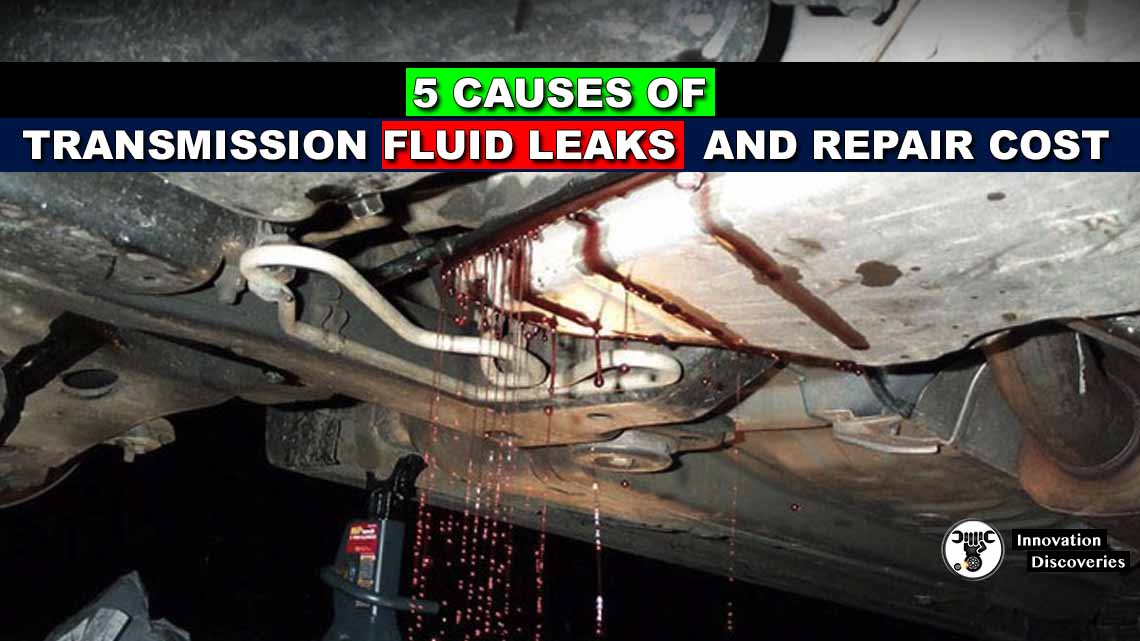
- 3 COMMON SYMPTOMS OF LOW POWER STEERING FLUID
- YOUR CAR IS LOSING COOLANT BUT NO LEAK: WHAT SHOULD YOU DO?
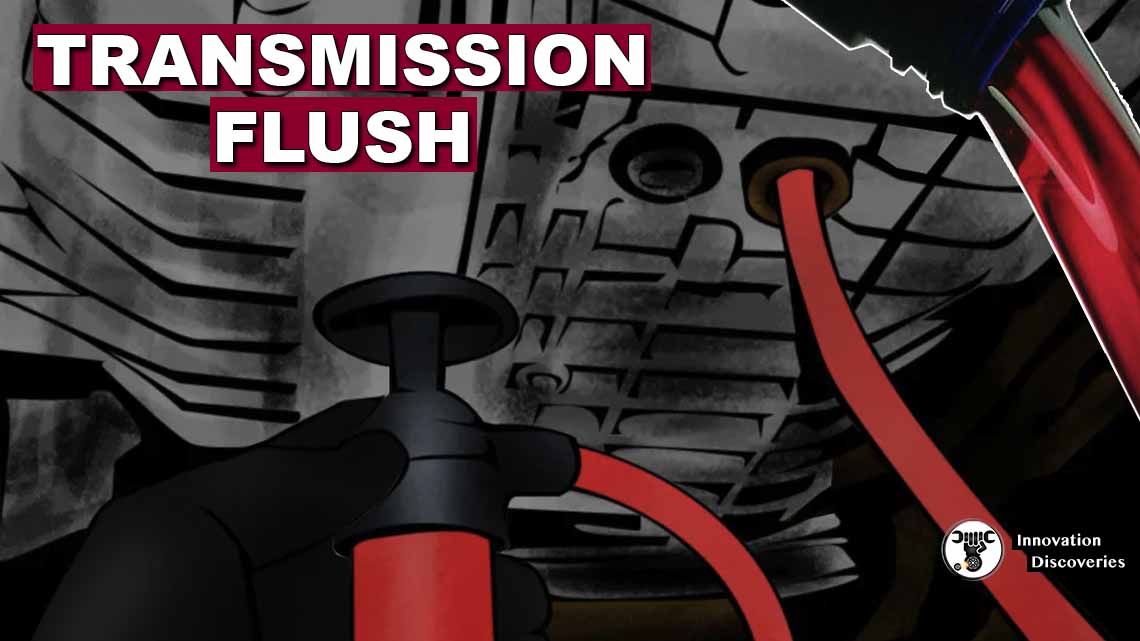
FOR MORE KNOWLEDGE
- 4 COMMON SYMPTOMS OF AUTOMATIC TRANSMISSION PROBLEMS
- COMMON PARTS OF AN AUTOMATIC TRANSMISSION
- COMMON FAULTS IN THE 6-SPEED DSG TRANSMISSION
- IS REBUILDING A TRANSMISSION WORTH IT IN THE LONG RUN?
Visit Forum
Visit Our Friendly Website


